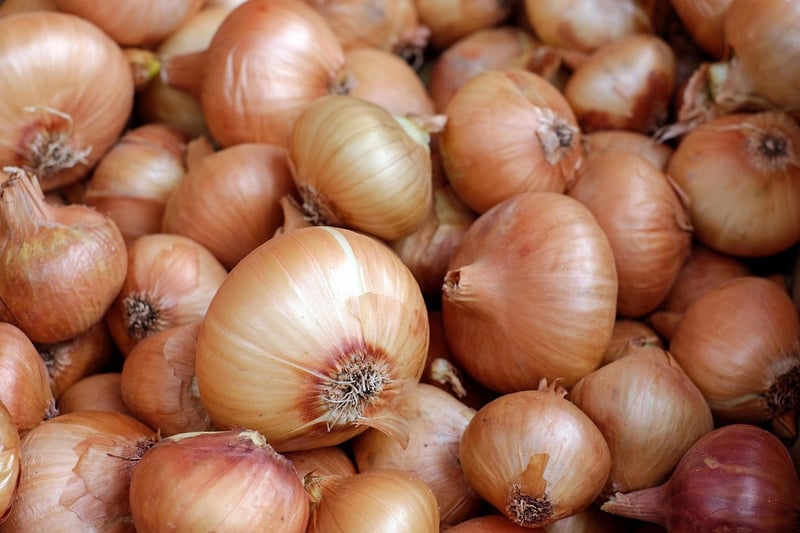Disease Management
Protect Your Garden Naturally: Disease Management
Welcome to our guide on natural methods to protect your garden from diseases. Keeping your garden healthy and vibrant without the use of harsh chemicals is not only beneficial for the environment but also for the overall well-being of your plants. Let's explore some effective ways to manage diseases in your garden naturally.
1. Proper Plant Selection
Start by choosing disease-resistant plant varieties for your garden. Selecting plants that are naturally resistant to common diseases prevalent in your area can significantly reduce the risk of infections.
2. Good Cultural Practices
Practicing good garden hygiene is essential in preventing the spread of diseases. Ensure proper spacing between plants to promote air circulation, which can help in reducing humidity levels that are favorable for disease development.
3. Natural Predators
Encourage beneficial insects like ladybugs, lacewings, and parasitic wasps in your garden. These natural predators feed on common garden pests, helping to keep their populations in check and preventing the spread of diseases carried by pests.
4. Neem Oil
Neem oil is a natural insecticide and fungicide that can help control a wide range of garden pests and diseases. It is safe to use around humans and pets and is an effective alternative to chemical pesticides.
5. Compost Tea
Compost tea is a nutrient-rich liquid fertilizer that also contains beneficial microorganisms. Spraying your plants with compost tea can help boost their immune system and make them more resistant to diseases.
6. Crop Rotation
Rotating your crops each season can help break the disease cycle. Planting different crops in the same area each year can prevent the buildup of pathogens in the soil that target specific plant species.
7. Mulching
Applying organic mulch around your plants can help retain soil moisture, regulate soil temperature, and suppress weed growth. Mulch also acts as a barrier, preventing soil-borne diseases from splashing onto plant leaves during watering.
8. Regular Inspections
Inspect your plants regularly for any signs of disease or pest infestation. Early detection can help you take timely action to prevent the spread of diseases and protect the overall health of your garden.

By following these natural methods for disease management, you can create a thriving garden that is not only beautiful but also resilient to common plant diseases. Embrace these eco-friendly practices and enjoy a healthy and sustainable garden all year round!
Remember, a little care goes a long way in protecting your garden naturally!
